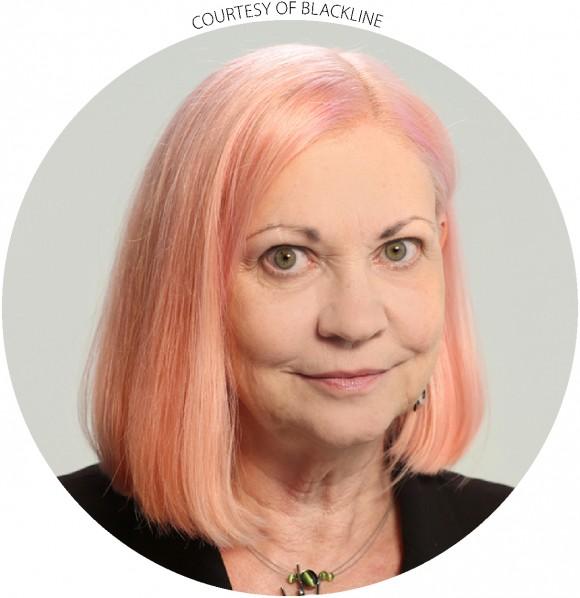Therese Tucker, founder and CEO of software company BlackLine Inc., grew up working on a farm—then went on to create a billion-dollar tech company.
Some people hesitate to start a company because it seems like too much work, said the 55-year-old entrepreneur. That has never been an issue for Tucker. She learned from a very early age how to work exceptionally hard.
“When you grow up on a farm, you are always working. There are always chores to be done, animals to be fed, barns to be cleaned, cows to be herded,” she said.
Tucker founded BlackLine in 2001. And in 15 years, the company reached a valuation of $1 billion at an initial public offering on the Nasdaq Stock Market in October this year. It was named one of the fastest-growing women-owned companies in 2016.
Headquartered in Los Angeles, BlackLine offers a cloud-based accounting software.
“A client asked us to build a software for balance sheet reconciliations because they could not find it on the market. And that is how we started in this particular area,” Tucker said.
Leaving the Farm Life
Tucker grew up in Illinois as the youngest of four girls. Her parents did not have much money.
She was the first in her family to go to a four-year college. Most of the girls in her hometown were getting engaged and working in local department stores after high school.






